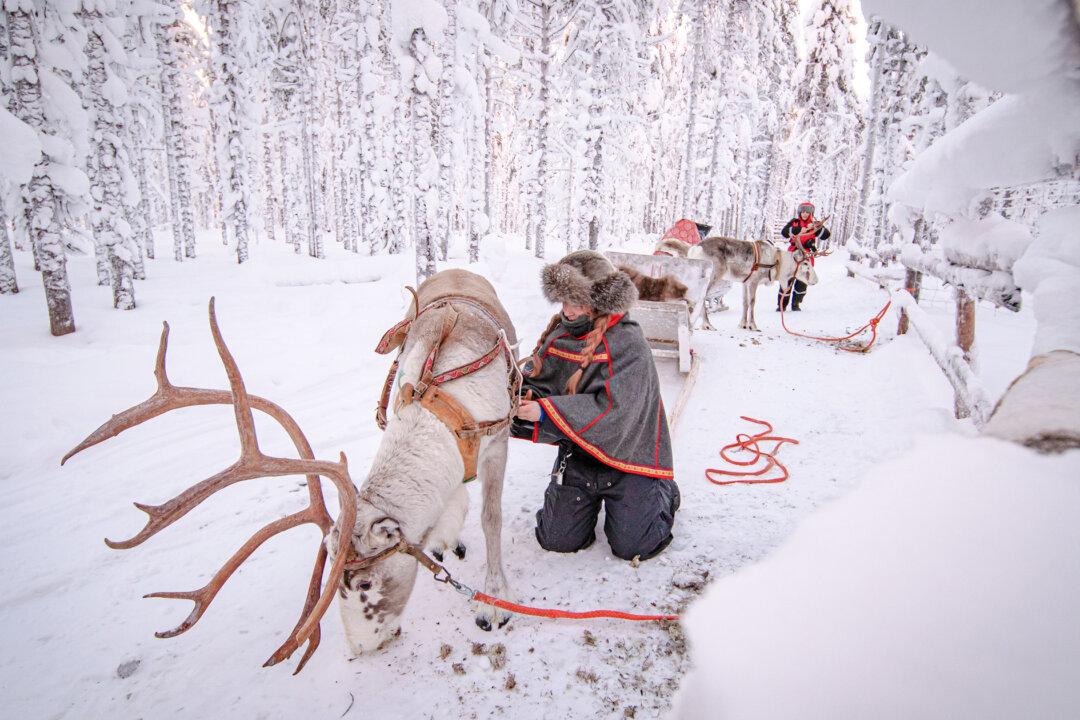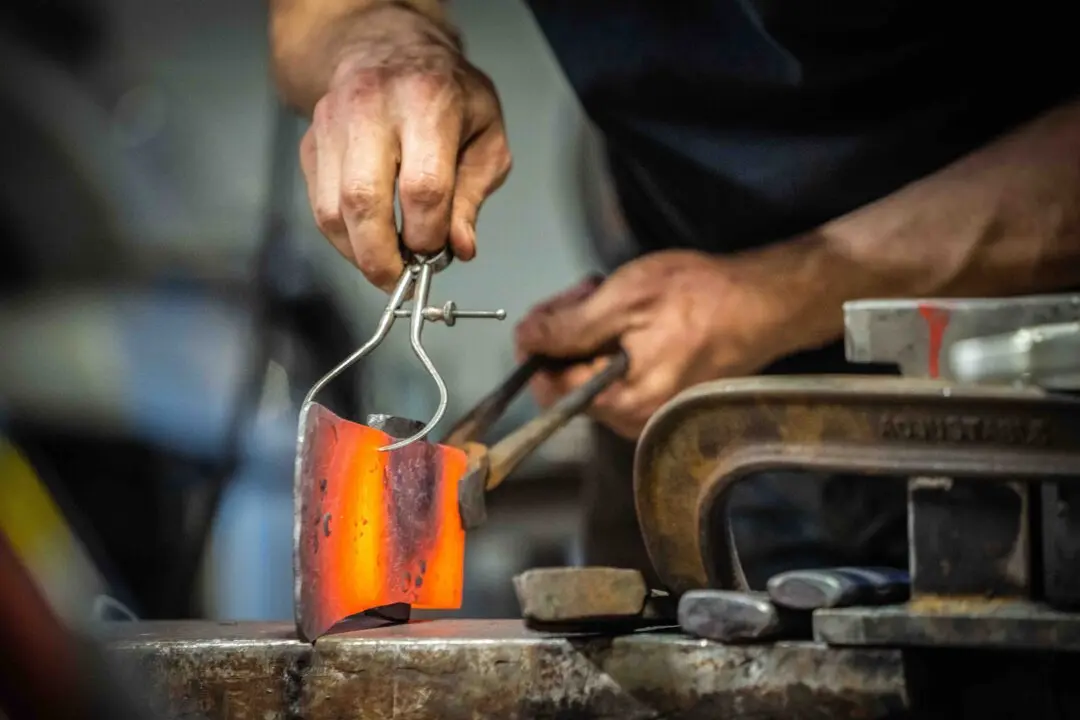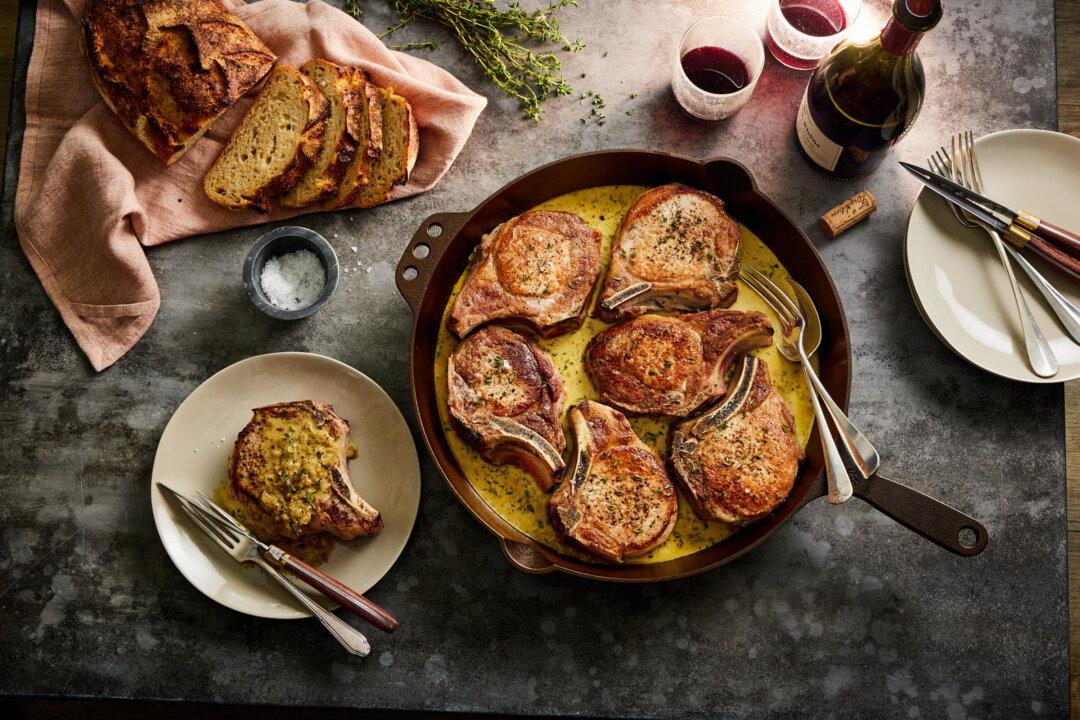Disclaimer: This article was published in 2023. Some information may no longer be current.
A young woman from Finland who worked as a chef and waitress at a restaurant was forced to change jobs after she injured herself working in the kitchen. Having torn a muscle, she found it hard to stand for long periods on a hard floor. However feeling much better outdoors, she found her dream job as a reindeer herder.






